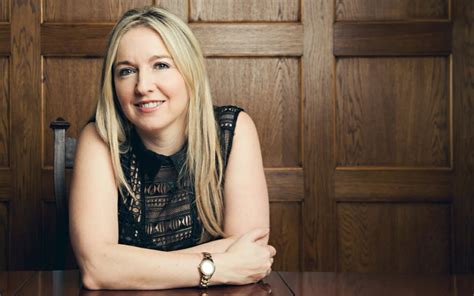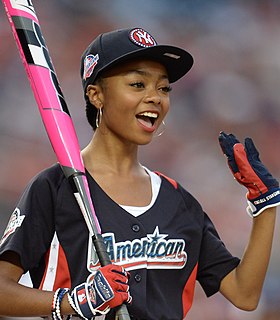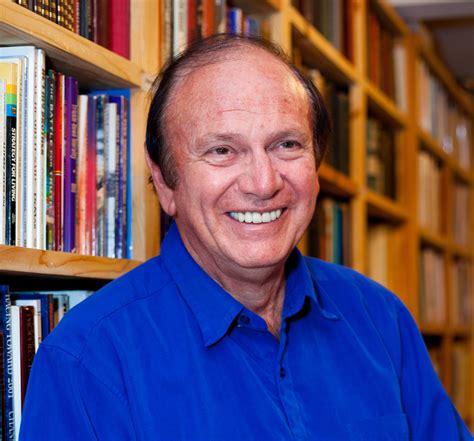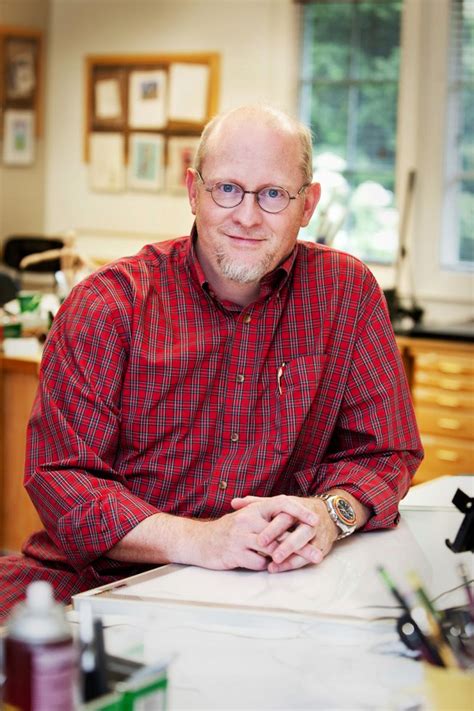A Quote by E. T. A. Hoffmann
Human beings ought not to draw in their antennae at every ungentle touch, like supersensitive insects.
Quote Topics
Related Quotes
And people who believe in God think God has put human beings on earth because they think human beings are the best animal, but human beings are just an animal and they will evolve into another animal, and that animal will be cleverer and it will put human beings into a zoo, like we put chimpanzees and gorillas into a zoo. Or human beings will all catch a disease and die out or they will make too much pollution and kill themselves, and then there will only be insects in the world and they will be the best animal.
There is no limit to suffering human beings have been willing to inflict on others, no matter how innocent, no matter how young, and no matter how old. This fact must lead all reasonable human beings, that is, all human beings who take evidence seriously, to draw only one possible conclusion: Human nature is not basically good.
I draw because words are too unpredictable. I draw because words are too limited. If you speak and write in English, or Spanish, or Chinese, or any other language, then only a certain percentage of human beings will get your meaning. But when you draw a picture everybody can understand it. If I draw a cartoon of a flower, then every man, woman, and child in the world can look at it and say, "That's a flower.
That nothing is static or fixed, that all is fleeting and impermanent, is the first mark of existence. It is the ordinary state of affairs. Everything is in process. Everything - every tree, every blade of grass, all the animals, insects, human beings, buildings, the animate and the inanimate - is always changing, moment to moment.
It ought to concern every person, because it is a debasement of our common humanity. It ought to concern every community, because it tears at our social fabric. It ought to concern every business, because it distorts markets. It ought to concern every nation, because it endangers public health and fuels violence and organized crime. I’m talking about the injustice, the outrage, of human trafficking, which must be called by its true name - modern slavery.
We're human beings we are - all of us - and that's what people are liable to forget. Human beings don't like peace and goodwill and everybody loving everybody else. However much they may think they do, they don't really because they're not made like that. Human beings love eating and drinking and loving and hating. They also like showing off, grabbing all they can, fighting for their rights and bossing anybody who'll give them half a chance.
There are novels that end well, but in between there are human beings acting like human beings. And human beings are not perfect. All of the motives a human being may have, which are mixed, that's the novelists' materials. That's where they have to go. And a lot of that just isn't pretty. We like to think of ourselves as really, really good people. But look in the mirror. Really look. Look at your own mixed motives. And then multiply that.
Our problem with limited resources is not primarily overpopulation; it is greed. Our problem with pollution is not the invention of fluorocarbons or mass transport; it is irresponsibility. The loss of an acre of forest every second, the mass slaughter of elephants for their ivory, the extinction of entire species of plants, insects and animals all over the world is not something that "just happens" because there are more of us human beings. It happens because the race of ruling beings put in charge has almost wholly lost its sense of stewardship. We have turned away from God.
Ant 1: So, uh, do you ever worry that your itsy little neck is just going to snap under the weight of your head? Ant 2: Stop asking me that. You ask me that, like, every five minutes. Ant 1: Sometimes I notice my antennae out of the corner of my eye and I'm all, like: AHH! Something is on me! Get it off! Get it off! Ant 2: Yeah, the antennae again. Listen, I just remembered, I have to go walk around aimlessly now.
Each man's private conscience ought to be a nice little self-registering thermometer: he ought to carry his moral code incorruptibly and explicitly within himself, and not care what the world thinks. The mass of human beings, however, are not made that way; and many people have been saved from crime or sin by the simple dislike of doing things they would not like to confess.




































